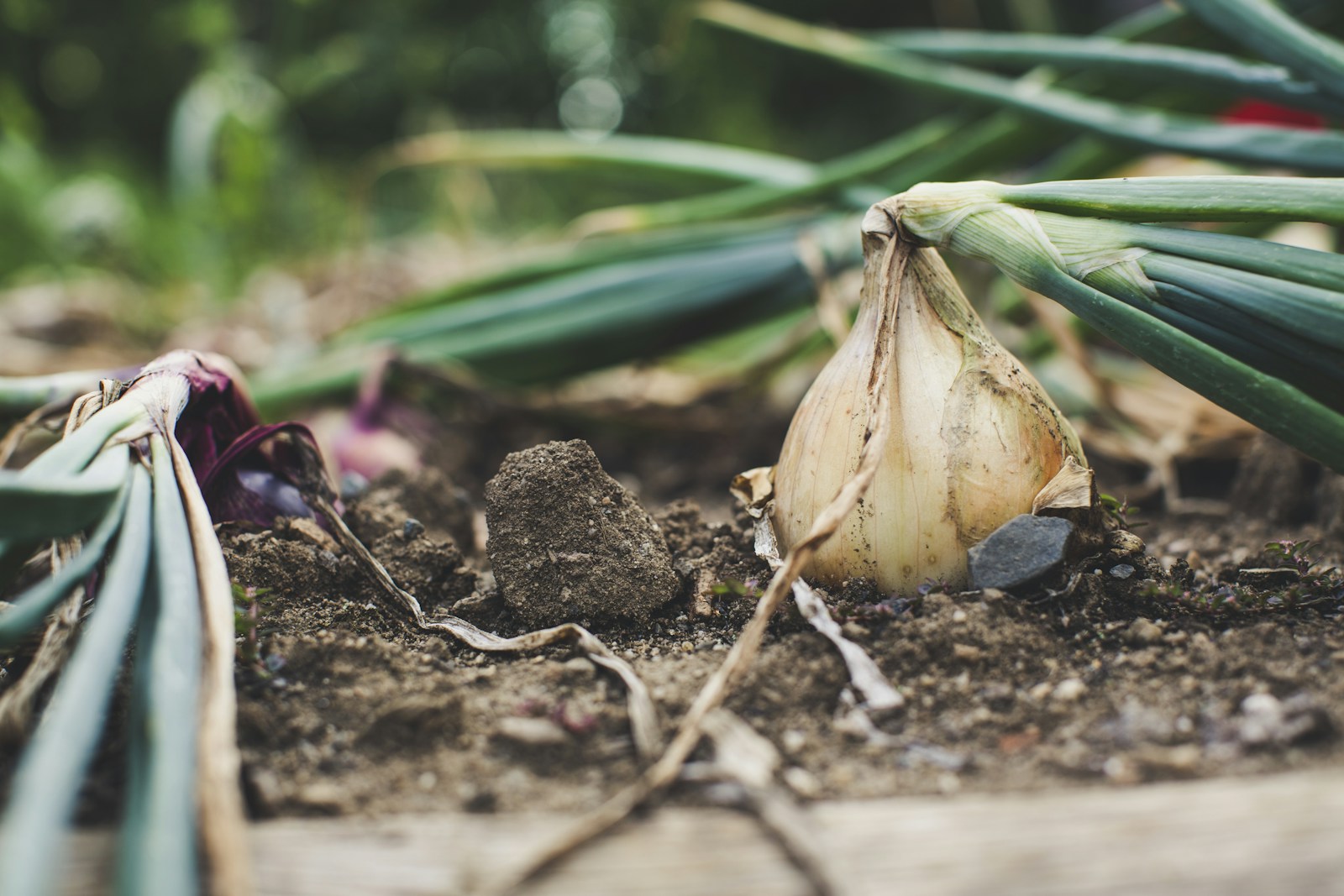
cría

breeding
The Spanish word 'cría' refers to the action of breeding or the result of the process of reproduction in animals. It can also refer to a young or baby animal. In a broader sense, it can present the idea of nurturing or raising. This word emphasizes the responsibility and care required for the process of bringing new life and can be used in various contexts within the Spanish language.
Example sentences using: cría
La cría de esta especie es muy delicada.

The breeding of this species is very delicate.
This sentence describes how sensitive or complex is the reproduction process for a specific species, requiring careful handling or specific conditions.
La oveja cría a su cordero con mucho cuidado.

The sheep raises its lamb with great care.
This sentence indicates animals' parental care illustrating that a sheep is taking care of its offspring, the lamb.
El granjero tiene una cría de cerdos.

The farmer has a piglet's breeding.
None
La cría de ganado es un negocio lucrativo.

Cattle breeding is a lucrative business.
In this example, it is talking about the business aspects of breeding cattle, and how it can be profitable.
Los elefantes protegen mucho a su cría.

Elephants greatly protect their offspring.
Here it's indicated that elephants, as a species, are known for the care and protection they provide to their young ones.
La cría de perros requiere paciencia.

Dog breeding requires patience.
This sentence refers to the challenges of breeding dogs, detailing patience as an important quality needed in this process.
La cría de caballos es una tradición familiar.

Horse breeding is a family tradition.
This statement notes that horse breeding in some families can be passed down as a tradition between generations.
La cría de las abejas es vital para el ecosistema.

Bee breeding is vital for the ecosystem.
This sentence underscores the ecological importance of bees and their reproduction for the preservation of the ecosystem.
La gallina enseña a su cría a buscar comida.

The hen teaches her offspring to look for food.
This phrase is about how a mother hen imparts survival skills, specifically the skill to find food, to her young.
La cría de aves es una afición popular.

Bird breeding is a popular hobby.
Here it is highlighted that bird breeding can be a common pastime for many people.